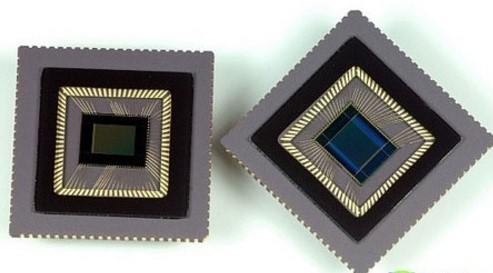News
Industrial
Using sensors to self-power to reduce car battery energy consumption
According to sources, engineers at the University of Florida have developed a new type of sensor that will have a lasting impact on the transition from fuel vehicles to electric vehicles. Developed by University of Florida engineering professors Jennifer Andrew and David Arnold, the sensor operates on its own without external current.
In today's car operations, such as starting the ignition system, opening the headlights, electric window systems, etc., electrical energy plays an important role. The dashboard also requires more sensors to alert the driver that the seat belt is not fastened, the tire pressure is low, or the door is still open.
The new sensors developed by the University of Florida engineering professors will greatly reduce the power consumption of car batteries. Andrew said: "With the move to electric vehicles, minimizing battery power consumption will be a huge undertaking. Low-power sensors are needed for all other applications, such as if you are in a remote area but need to be long Time to use a sensing device, it would be very important if you don't need a lot of power to operate the sensing device."

According to data from 2018, of the 95 million vehicles sold worldwide, 1 million are electric vehicles. The goal of the electric vehicle industry is to generate 30% of global sales by 2030. This goal will be achievable if governments continue to legislate to reduce carbon emissions due to concerns about climate change.
As a materials scientist, Andrew said she was curious about finding new ways to make materials in nanowires before starting the project. Nanowires power the sensor and are highly efficient. By changing the properties inside the nanowires, Andrew and Arnold were able to fabricate nanowires with a stronger magnetoelectric coefficient, and as a result, the nanowires produced stronger electrical pulses.
During the project, Andrew and Arnold also consulted Allegro MicroSystems. Allegro MicroSystems, Inc., a New Hampshire-based company, is a global leader in providing power and sensing semiconductor solutions. The University of Florida's Office of Technology and Licensing has obtained a temporary patent for the technology and applied for a US utility patent, and Allegro has also patented the sensor device.
Pre:Think of smart street lights as the first road to build a smart city 2025-12-30
Next:5G marriage AI: fission in the future world 2025-12-30

 Collect
Collect
 Navigate:
Navigate:






